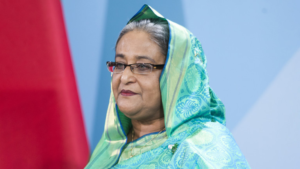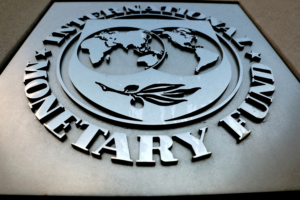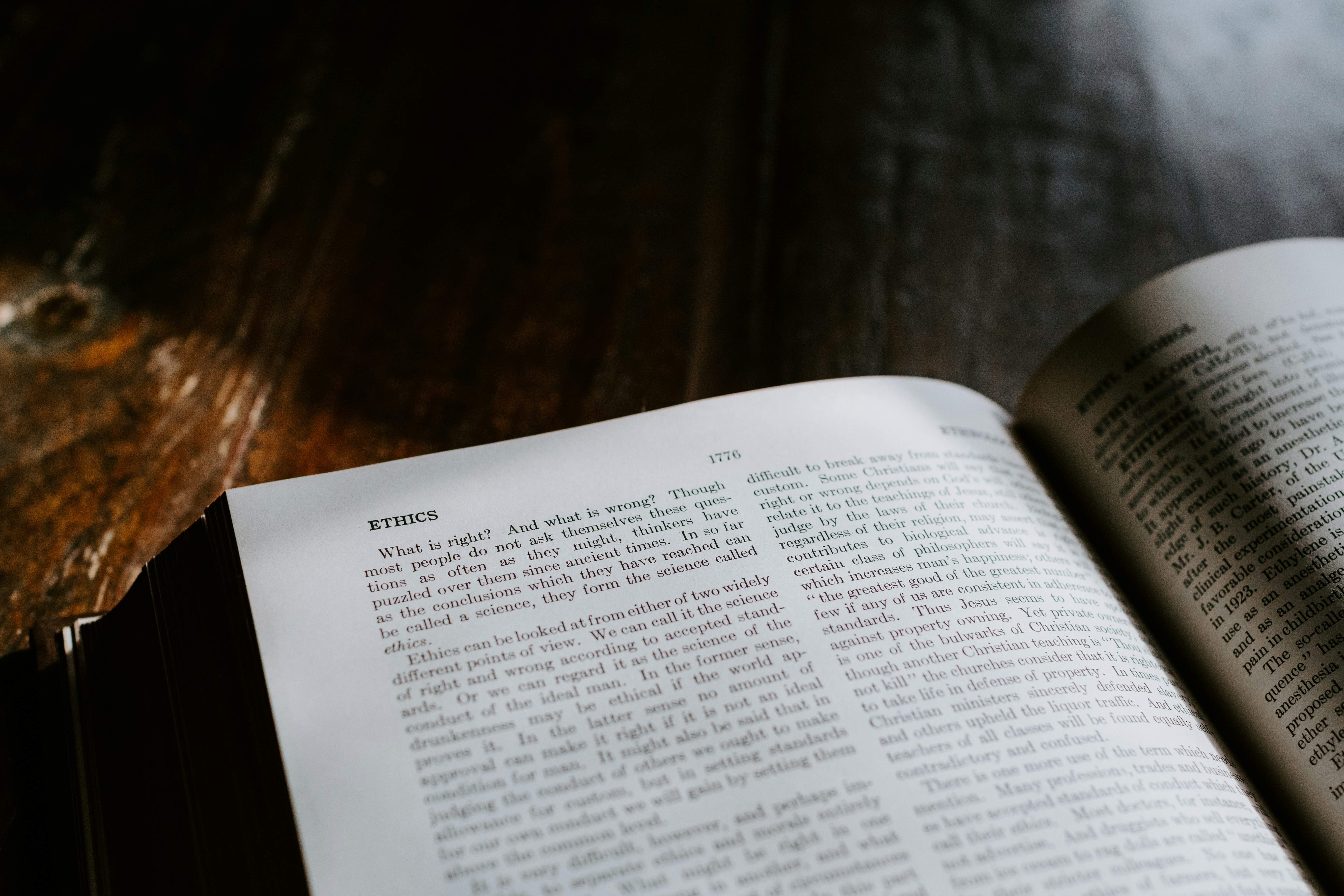Myanmar: The Bangla-China Frontier

The situation surrounding Rohingya refugees is complex and contentious. Bangladesh is struggling to convince Burma to take back nearly a million Rohingya Muslims who were originally encouraged to move from British-ruled India to predominantly Buddhist Burma during the colonial era. The presence of these stateless Rohingya has led to large-scale disorder. Similar problems are seen in other parts of the world, where stateless populations have become a significant challenge.
The UN and NGOs have been accused of discouraging Rohingya refugees from returning to Burma, but these accusations are disputed by the organizations. Bangladesh, in response, has imposed restrictions on the activities of the 41 NGOs operating in the Rohingya refugee camps. The government of Bangladesh and Burmese officials continue to engage in discussions, but no significant progress has been made in resolving the issue.
This is a complex problem with historical, political, and societal dimensions. Aung San Suu Kyi, a Nobel Peace Prize winner and a prominent figure in Burmese politics, has faced criticism for not taking more decisive action to address the Rohingya crisis. However, she argues that the issue is an internal matter and has received support from countries like India and China, which have faced similar challenges.
The situation is further complicated by the fact that the Burmese military, which wields significant influence in the country, has been involved in shaping policies related to the Rohingya. This internal power dynamic adds another layer of complexity to the efforts to address the Rohingya crisis.The situation surrounding Rohingya refugees is complex and contentious. Bangladesh is struggling to convince Burma to take back nearly a million Rohingya Muslims who were originally encouraged to move from British-ruled India to predominantly Buddhist Burma during the colonial era. The presence of these stateless Rohingya has led to large-scale disorder. Similar problems are seen in other parts of the world, where stateless populations have become a significant challenge.
The UN and NGOs have been accused of discouraging Rohingya refugees from returning to Burma, but these accusations are disputed by the organizations. Bangladesh, in response, has imposed restrictions on the activities of the 41 NGOs operating in the Rohingya refugee camps. The government of Bangladesh and Burmese officials continue to engage in discussions, but no significant progress has been made in resolving the issue.
This is a complex problem with historical, political, and societal dimensions. Aung San Suu Kyi, a Nobel Peace Prize winner and a prominent figure in Burmese politics, has faced criticism for not taking more decisive action to address the Rohingya crisis. However, she argues that the issue is an internal matter and has received support from countries like India and China, which have faced similar challenges.
The situation is further complicated by the fact that the Burmese military, which wields significant influence in the country, has been involved in shaping policies related to the Rohingya. This internal power dynamic adds another layer of complexity to the efforts to address the Rohingya crisis.
Aung San Suu Kyi also agrees with the Burmese military that China is the best alternative for investment and essential imports if international economic sanctions are imposed on Burma. Suu Kyi fears the Burmese military trying to seize control of the government more than she fears foreign media and diplomatic criticism. The military coup possibility is more important to most Burmese than the fate of the expelled Rohingya or how Burmese courts treat foreign journalists. The only one benefitting from the anti-Rohingya violence (which was instigated by nationalist Buddhist religious leaders) is the military, which was forced to give up a lot of their power in 2011 and agree to a restoration of democracy. However, the threat of international sanctions gives the military more power in Burma to resist corruption investigations and interference with their profitable, but illegal, activities in the north. China prefers to work with the Burmese military, which makes Burmese democrats uneasy.
On September 12, 2018, Bangladesh again proclaimed that it would never assimilate the Burmese Rohingya refugees, even those the Rohingya are ethnically Bengali and share the same religion as Bangladeshis. Most of the Burmese Rohingya come from families that have been in Burma for over a century and most speak Burmese and consider themselves Burmese. There has also been some intermarriage with ethnic Burmese (who are East Asian, like most Chinese rather than Indo-European as most Bangladeshis are) which means many Burmese Rohingya no longer look like Bengalis.
On September 9, 2018, China and Burma signed a CMEC (China-Myanmar Economic Corridor) agreement that enables detailed negotiations to begin on where a 1,700 kilometers long transportation corridor from southern China (Yunan province) to central Burma (Mandalay) and then west to the coast at the Kyaukphyu SEZ (Special Economic Zone) will be built and what it will consist of. The corridor would improve roads, railroads and build, as needed, pipelines and electrical transmission lines. This would be financed by China and built mainly by Chinese construction firms. CMEC paid special attention to the risk of a “debt trap” where Burma might find itself with debt it could not repay unless it turned over new facilities to Chinese ownership or control. This has happened in other nations, most recently in Sri Lanka. Burma needs the investment and since 1988 China has been the major foreign investor in Burma with projects totaling $20 billion so far.
CMEC represents the Burmese segment of the vast Chinese Obor (One Belt, One Road) initiative. Obor aims to facilitate the movement of Chinese imports and exports across East Asia, Europe, Africa, and beyond by constructing roads, railroads, pipelines, and ports. Several countries, including Pakistan, Nepal, Thailand, Sri Lanka, and Burma, are participating in Obor and witnessing massive Chinese construction projects valued at billions of dollars. However, the terms of these deals often favor China rather than the host countries, leading many people to view Chinese investments as a form of colonialism. While China argues that it is expanding its commercial activities, the Burmese tribes have historically relied on Chinese financial support and diplomatic influence for their survival. Furthermore, the Chinese are striving to maintain long-term peace with the tribes to ensure the safety and profitability of their investments, as the tribal people are generally more trusting of the Chinese than their own government. Despite the displacement of tribal people without adequate compensation, the Chinese are more inclined to establish long-term agreements with the locals. From the Chinese perspective, it is purely a business endeavor, while the Burmese view the tribes as potential rebels and long-term adversaries.
On September 6, 2018, the International Criminal Court (ICC) determined that Burmese officials likely committed war crimes during the expulsion of Rohingya Muslims. Although Burma has not ratified the treaty agreeing to abide by ICC rulings and therefore claims it is not subject to them, Bangladesh, which has signed the treaty, now faces another international dispute over this matter. While some Western nations impose sanctions on individuals indicted by the ICC, these sanctions mainly restrict the international travel and financial activities of the individuals, yielding limited impact.
Regarding developments in northern Burma as of September 5, 2018, Chinese officials in Kunming held a brief meeting with four Burmese rebel groups (TNLA, Arakan Army, MNDAA, and Kachin Independence Army) to initiate discussions for a permanent peace deal. This meeting was facilitated by China’s influence over the Northern Alliance as they rely on Chinese support for survival. The Northern Alliance has declined to sign the Burmese 2015 Nationwide Ceasefire Agreement. The successful negotiation of this meeting was made possible as long as these Burmese rebels do not allow fighting to spread into China or impede Chinese commercial operations in Burma.
On August 21, 2018, in neighboring Thailand, authorities seized their largest drug shipment near the capital, arresting three Thai men and confiscating 14 million methamphetamine pills valued at $45 million. The shipment, allegedly from northern Burma, was destined for Malaysia and possibly Indonesia, highlighting Thailand and Malaysia’s role in the drug smuggling route that distributes drugs throughout Southeast Asia.








